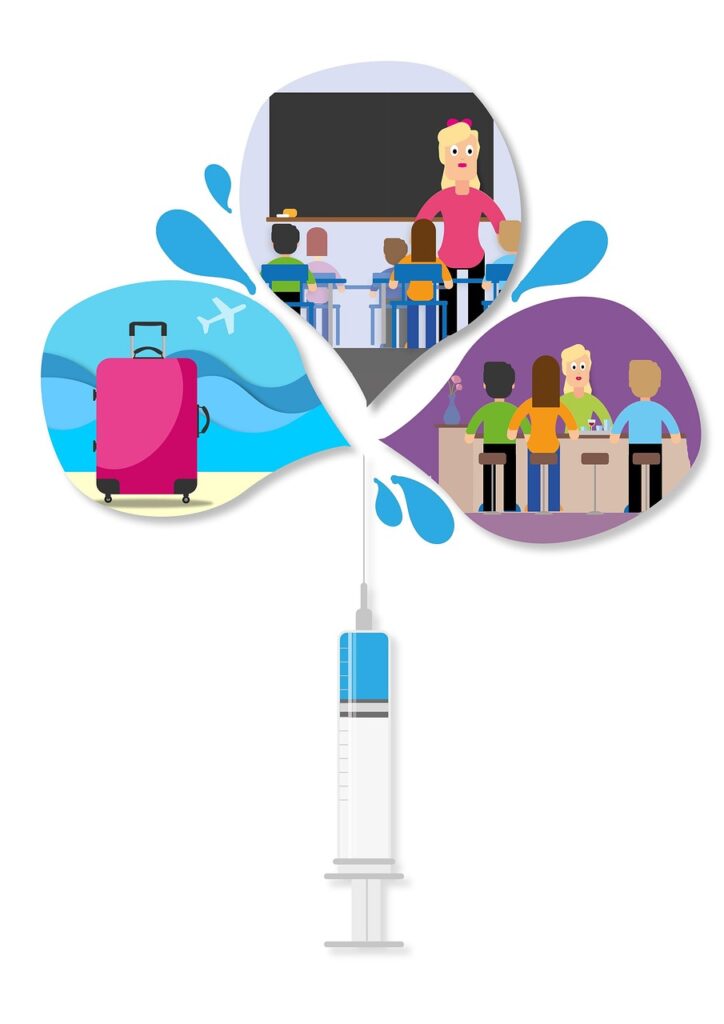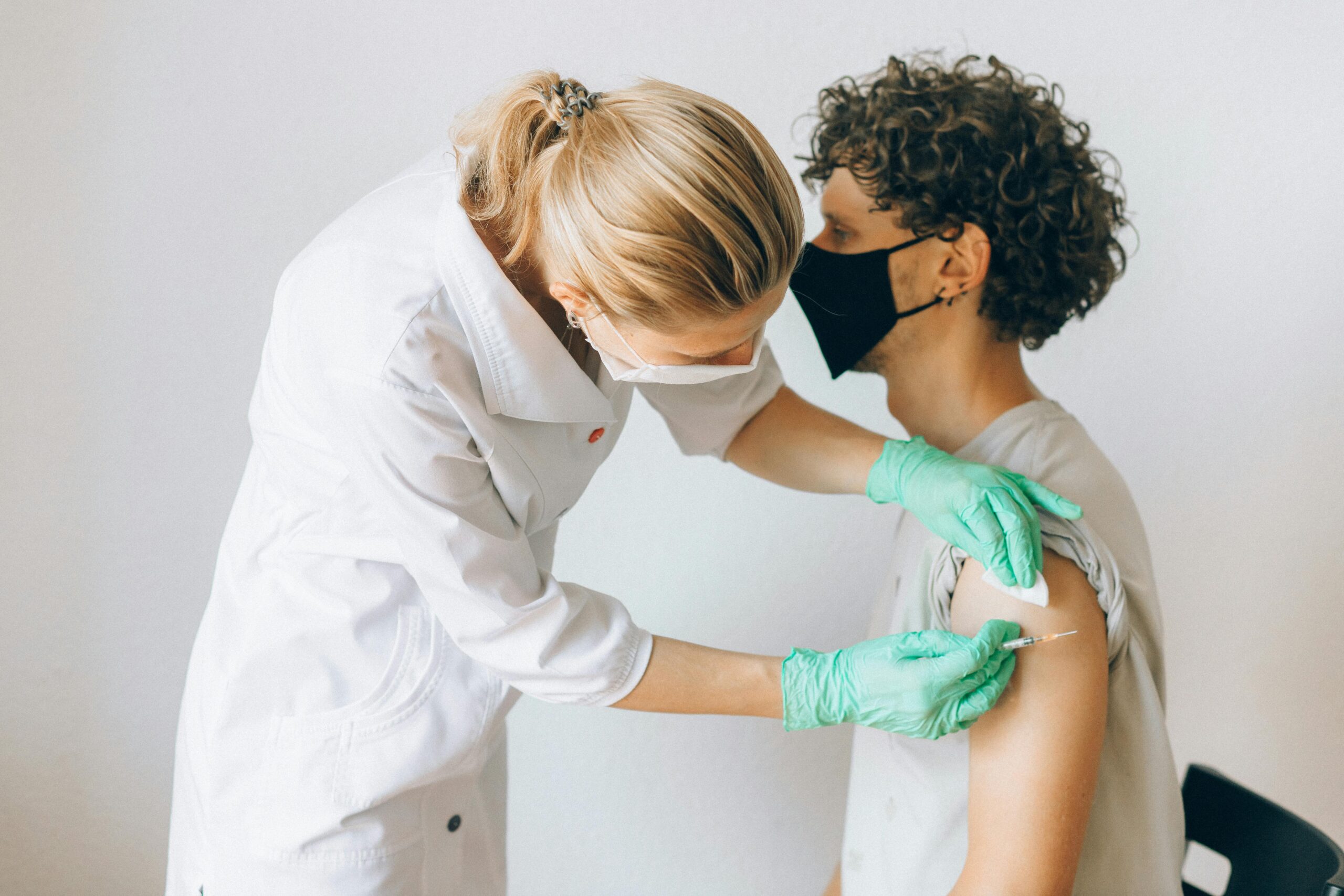Recent measles outbreaks across various regions have reignited debates around vaccine safety, public health strategies, and the impact of misinformation. As communities confront a virus once thought nearly eradicated in many parts of the world, experts and policymakers are urgently working to bridge gaps in public understanding and fortify immunization efforts. This article provides a comprehensive overview of the current situation, delves into the roots of vaccine hesitancy—including the influence of high-profile figures—and outlines actionable steps to protect communities.

The Resurgence of Measles: A Renewed Public Health Threat
Measles is one of the most contagious viral diseases known to medicine. Characterized by high fever, cough, conjunctivitis, and a distinctive rash, the illness can lead to severe complications such as pneumonia, encephalitis, and even death, especially among young children and immunocompromised individuals. In recent years, a combination of declining vaccination rates, pockets of vaccine hesitancy, and global mobility has paved the way for measles outbreaks in areas that had previously achieved high levels of herd immunity.
Historically, widespread vaccination campaigns had dramatically reduced the incidence of measles. However, recent outbreaks indicate that even small declines in vaccine coverage can have outsized effects on public health, as the virus exploits gaps in community immunity.
Vaccine Efficacy and Safety: What the Science Tells Us
Decades of research have consistently shown that measles vaccines, particularly the MMR (measles, mumps, and rubella) vaccine, are both safe and highly effective. Clinical trials and extensive epidemiological studies have validated that the risk of severe side effects is extremely low when compared to the significant health risks posed by a measles infection.
- Efficacy: Studies demonstrate that two doses of the MMR vaccine are about 97% effective at preventing measles.
- Safety: Common side effects are usually mild, such as soreness at the injection site or a low-grade fever. Serious adverse events are exceedingly rare.
The overwhelming consensus among health professionals and researchers is that vaccination remains the best defense against measles and its complications.
The Role of Misinformation and High-Profile Figures
Public health officials have faced a dual challenge: not only combating the virus itself but also the proliferation of vaccine misinformation. Influential figures, most notably Robert F. Kennedy Jr., have contributed to a climate of skepticism by questioning the safety and necessity of vaccines. Kennedy’s high-profile public statements have resonated with segments of the population already inclined to distrust traditional medical advice, exacerbating vaccine hesitancy.
While Kennedy and other vaccine skeptics raise concerns regarding potential side effects, their views stand in stark contrast to a vast body of scientific evidence. Health agencies worldwide continue to affirm that vaccines are rigorously tested and monitored for safety and efficacy. The propagation of misinformation, especially on social media and other digital platforms, has complicated efforts to maintain high vaccination rates and protect public health.

Public Health Responses and Policy Measures
In response to the resurgence of measles, governments and health organizations are implementing a range of measures designed to counteract misinformation and boost vaccine uptake:
- Enhanced Public Education: Campaigns are being launched to provide clear, evidence-based information about the benefits of vaccination. These initiatives target communities vulnerable to misinformation and aim to rebuild trust in public health institutions.
- Vaccine Mandates and Accessibility: Several regions have introduced stricter vaccine mandates, particularly in schools and healthcare settings. Efforts are also underway to improve access to vaccines in underserved areas, ensuring that economic or logistical barriers do not hinder immunization.
- Monitoring and Rapid Response: Enhanced surveillance systems help identify outbreaks early, allowing for rapid public health responses. This proactive approach includes targeted vaccination drives and quarantine measures when necessary.
- Digital Literacy Programs: Recognizing the role of social media in spreading vaccine misinformation, some public health departments are partnering with technology companies to promote digital literacy and encourage critical evaluation of online sources.
Lessons from the Past and the Road Ahead
Lessons learned from previous measles outbreaks are informing current strategies. Historical patterns indicate that high vaccination coverage is essential to prevent the spread of contagious diseases. The resurgence of measles underscores the importance of maintaining herd immunity and addressing the root causes of vaccine hesitancy.
Future efforts are likely to focus on:
- Community Engagement: Empowering local leaders and healthcare providers to address concerns and dispel myths about vaccines.
- Research and Innovation: Supporting ongoing research into vaccine development and delivery methods to further enhance safety and accessibility.
- Global Collaboration: Strengthening international partnerships to monitor disease outbreaks and coordinate rapid responses, ensuring that lessons learned in one region can benefit global public health.
Additional Insights: Bridging the Gaps in Coverage
While much of the media coverage has focused on the immediate challenges posed by measles outbreaks and the controversies stirred by vaccine skepticism, several important aspects deserve further attention:
- Psychological and Sociocultural Factors: Understanding why individuals gravitate towards vaccine hesitancy is crucial. Research indicates that a mix of cultural beliefs, distrust in government, and fear of the unknown contributes significantly to reluctance in accepting vaccines.
- Economic Impact: Outbreaks of measles and other preventable diseases can have a substantial economic toll. From increased healthcare costs to lost productivity and the burden on public health systems, the financial impact underscores the importance of proactive vaccination programs.
- Legal and Ethical Considerations: The balance between individual freedom and collective safety continues to be a contentious issue. Legal frameworks around vaccine mandates are evolving as courts and legislatures weigh personal rights against the imperative of safeguarding public health.
- Technological Innovations in Immunization: Advances in medical technology and data analytics are being harnessed to predict outbreaks, optimize vaccine distribution, and monitor adverse events more effectively than ever before.

Frequently Asked Questions (FAQs)
1. What is measles, and why is it a concern?
Measles is a highly contagious viral infection characterized by symptoms such as high fever, cough, and a distinctive rash. It poses serious health risks, including pneumonia and encephalitis, particularly in young children and immunocompromised individuals.
2. How effective and safe are measles vaccines?
Measles vaccines, especially when administered as part of the MMR shot, are about 97% effective after two doses. They have been proven safe through extensive clinical trials and decades of real-world use, with serious side effects being extremely rare.
3. Why are measles outbreaks occurring despite the availability of vaccines?
Outbreaks are largely attributed to declining vaccination rates, often fueled by vaccine misinformation and hesitancy. When vaccination coverage falls below the threshold needed for herd immunity, even a small number of unvaccinated individuals can lead to significant outbreaks.
4. Who is Robert F. Kennedy Jr., and what role does he play in the vaccine debate?
Robert F. Kennedy Jr. is a high-profile public figure who has publicly questioned the safety and necessity of vaccines. His stance has contributed to vaccine hesitancy among some communities, despite overwhelming scientific evidence supporting vaccine efficacy and safety.
5. What steps can be taken to prevent measles outbreaks?
Preventing outbreaks requires a multifaceted approach:
- Ensuring high vaccination rates through public education and accessible immunization programs.
- Implementing vaccine mandates in settings like schools and healthcare facilities.
- Enhancing surveillance systems to detect and respond to outbreaks quickly.
- Promoting digital literacy to help individuals critically evaluate online information.
6. Where can I find reliable information about vaccines and measles?
Trusted sources include official public health organizations such as the World Health Organization (WHO), the Centers for Disease Control and Prevention (CDC), and national health ministries. Peer-reviewed medical journals and reputable news outlets also offer accurate, up-to-date information.
Conclusion
The resurgence of measles in 2025 is a stark reminder of the ongoing challenges posed by infectious diseases in a globalized world. While vaccines remain our most effective tool against outbreaks, the battle is complicated by misinformation and evolving societal attitudes. By strengthening public education, improving vaccine access, and fostering international cooperation, communities can work together to safeguard public health and ensure that preventable diseases like measles remain a threat of the past.
Sources CNN


